
Major Projects
Selected Projects at the Department of Statistics
Research Centers and Graduate Schools

© mcml
MCML is one of six national AI Competence Centers. It is funded on a permanent basis by the German and Bavarian government's AI strategy, and brings together the leading ML researchers from LMU, TUM and associated institutions.

© MUDS
The Munich School for Data Science MUDS, the Technical University and the Ludwig Maximilian University in Munich as well as the Helmholtz Zentrum München (HMGU) and the German Aerospace Center (DLR) have joined forces with the Max Planck Institute for Plasma Physics to form an internationally visible and highly attractive research network. MUDS also cooperates with the Leibniz Computing Centre (LRZ) and the Max Planck Computing & Data Facility (MPCDF) and works with Roche Penzberg, Boehringer Ingelheim, and other industry partners to promote application-oriented doctoral projects in biomedicine.
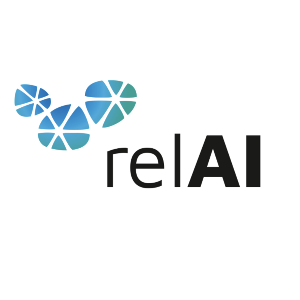
© relAI
The Konrad Zuse School of Excellence in Reliable AI (relAI) focuses on training future AI experts with an emphasis on the reliability of AI, encompassing safety, security, and privacy. It offers an innovative educational program that blends scientific knowledge with business and industrial insights, alongside conducting cutting-edge research to prepare AI for critical applications.
Research Infrastructure
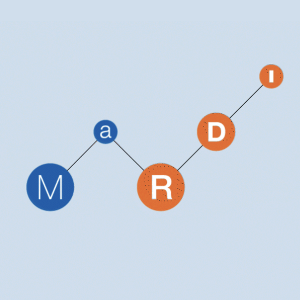
© MaRDI
The Mathematical Research Data Initiative (MaRDI) aims to develop a comprehensive infrastructure for mathematical research data, benefiting not only mathematics but also other scientific fields and the arts.

BERD@NFDI is a research data infrastructure dedicated to transforming the way Business, Economic, and Related Data are managed.
Major Projects in Cooperation with Prestigeous Research Institutions

© Fraunhofer

© erc
MEImpact
Measuring economic activity is a fundamental challenge for empirical work in economics. Most empirical projects raise concerns about whether the data do in fact measure what they purport to measure. Mismeasurement may lead to severe model misspecification, biased estimates, and misled conclusions and policy decisions. Unfortunately, formally accounting for the possibility of mismeasurement in the econometric model is complicated and possible only under strong assumptions that limit the credibility of resulting conclusions. The objective of this project is to develop new methodologies for formally assessing the potential impact of measurement error (ME) on all aspects of an empirical project.
More info about the ERC Grant MEImpact
SEMANI
Income inequality and socioeconomic disparities remain pressing global challenges. Research often relies on statistical tools to document trends, understand determinants, and evaluate policy responses. The project SEMANI aims to expose the limitations of these common approaches, showing that their structural economic interpretations are only valid under strong (and often unrealistic) assumptions. SEMANI will develop statistical methods that preserve the advantages of existing techniques but rely on weaker assumptions. This will provide more accurate insights into the causes of inequality and the effectiveness of different policy interventions. The project also aims to reinterpret key empirical studies that have shaped public and academic thinking on inequality.
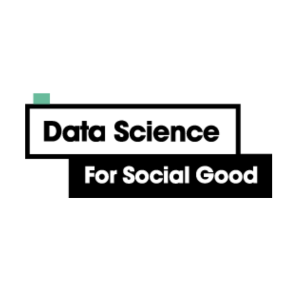
© Data Science for Social Good
The Data Science for Social Good (DSSG) initiative is dedicated to leveraging data science for positive societal impacts
Munich Initiatives
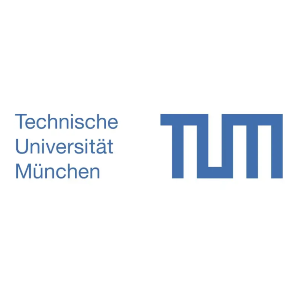
© TUM
The Lab for AI in Medicine (AIM) at TU Munich focuses on developing artificial intelligence (AI) and machine learning (ML) techniques for biomedical data analysis and interpretation. Their research includes AI for early disease detection, diagnosis, and prediction, personalized interventions and therapies, identification of new biomarkers and therapeutic targets, and developing safe, robust, interpretable, and privacy-preserving AI approaches
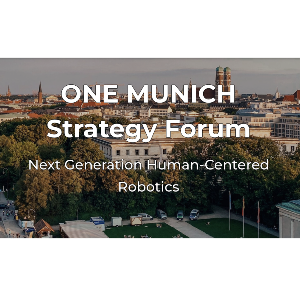
© ONE MUNICH
The ONE MUNICH Strategy Forum is an initiative within Bavaria's AI Network, focusing on the advancement of AI, particularly in the field of health. It is a collaboration between three leading Munich research institutes: Technical University of Munich (TUM), Ludwig Maximilian University of Munich (LMU), and Helmholtz Zentrum München (HMGU). These institutions combine their expertise in machine intelligence, system sciences, and translational medicine to address current and future societal health challenges. This collaboration aims to create a unique AI focus in Munich with national and European significance.

Munich Econometrics is an initiative that facilitates and strengthens collaborations and interactions among economists, econometricians, and statisticians in Munich, Germany, and the international research community. We organize regular research seminars, workshops, and host visiting researchers from around the world.
